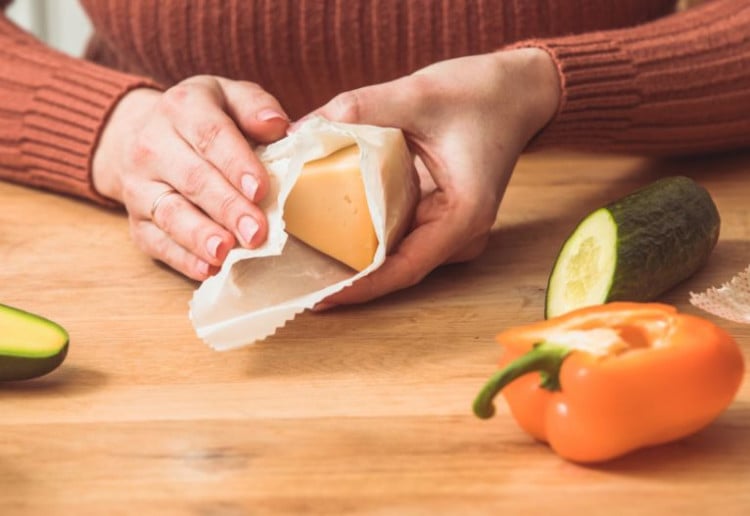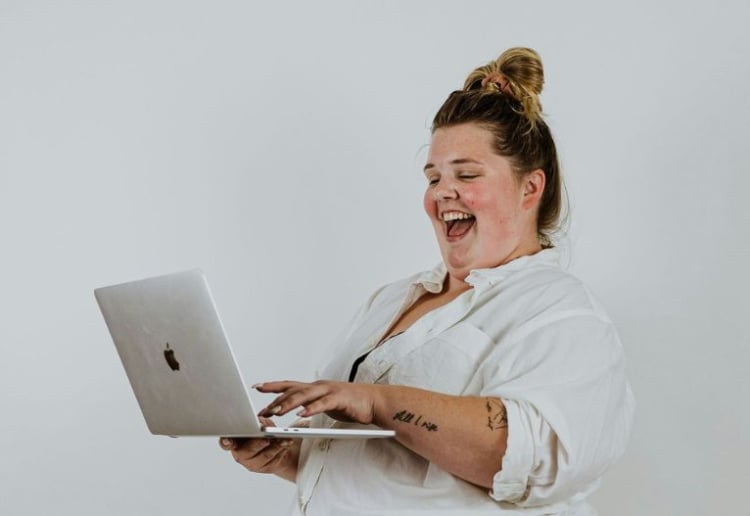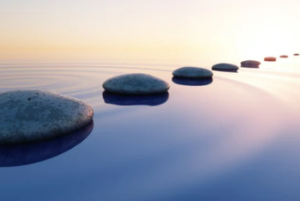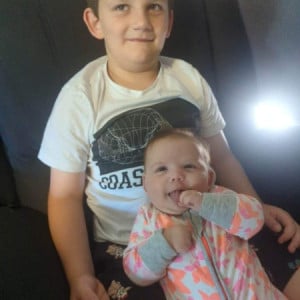There are several easy, environmentally friendly product swaps families can do today to start reducing their environmental footprint.
Elise Synnott, Marketing Manager for Personal Care at Natures Organics, has some suggestions on where to start:
Lighting
Great for the environment and for your pocket, the easiest swap you can make is changing your light bulbs. The most environmentally sustainable light bulbs you can buy are light emitting diodes (LEDs) instead of compact fluorescent lamps (CFLs) and halogen bulbs which are the most inefficient.
Environmentally friendly bulbs are fairly inexpensive to purchase and this swap is something you can do whether you’re renting or own the home you live in.
Food coverings
Temporary food coverings such as cling film is one of the worst single-use plastics you can use. Unfortunately it’s also unable to be recycled in Australia’s redcycle program, so cling film ends up directly in landfill.
Look at other options you can use including reusable beeswax wraps and flexible plastic coverings for smaller jobs, or invest in cookware that comes with matching lids for larger portions of food that need to be stored.
Household cleaning or personal products
While many plastic products end up in mixed recycling, unfortunately, there are minimal uses for mixed recycling in Australia so a lot of these household cleaning or personal care products actually end up in landfill.
“At Natures Organics we believe in an endless bottle philosophy, which encourages the use of creating packaging from recycled plastic, which can then be recycled to create new bottles over and over again – and not end up in landfill.” Elise says.
When plastic ends up in landfill after only being used once, it can never be recovered and when it does eventually break down it turns into microplastics that can pollute the environment.
“We can’t get by without some of these household items, so create a list of all the products that your family uses and familiarise yourself with the brand or company’s recycling practices and commitments.”
Refillable grocers
Fortunately, Australia’s redcycle program now allows a lot of soft plastics from dry goods packaging to be recycled, however buying groceries in bulk at refillable stores can help reduce plastic consumption further.
The number of shops that offer refillable groceries is rapidly growing in Australia and has become particularly handy for buying bulk or in smaller quantities to get exactly what you want. Take your own reusable plastic, glass, steel containers or bags and have fun trying spices, grains or pulses you might not have tried before!
Reusable dish cloths and scrubbers
Dish cloths and other cleaning products can get grubby very quickly and for hygiene reasons these products should be replaced regularly. But instead of throwing out your dish cloth and sponges, invest in reusable cleaning cloths and scrubbers.
Oates Earthly provides environmentally conscious choices at an accessible price point for everyday Australian families. The Reusable Bamboo Wipes 10 Sheets are responsibly and sustainably sourced bamboo, and are machine washable up to 80 times. The Oates Earthly range also includes the Non-Scratch Sponge Scourer 2pk and Non-Scratch Scourer 2pk.
What environmentally-friendly product swaps have you tried in your lifestyle? Or what would you like to do? Tell us in the comments below.





















-

-
-
mom265671 said
- 10 Nov 2025
-

-
-
Bizma said
- 29 Oct 2025
-

-
-
mom265671 said
- 11 Sep 2025
-

-
-
mom486197 said
- 11 Sep 2025
-

-
-
jenniw said
- 11 Sep 2025
-

-
-
mom93821 said
- 03 Sep 2025
-

-
-
mom93821 said
- 31 Aug 2025
-

-
-
ashna9 said
- 04 Feb 2021
-

-
-
mom268263 said
- 04 Feb 2021
-

-
-
mom462929 said
- 04 Feb 2021
-

-
-
mustangsachy said
- 04 Feb 2021
-

-
-
Mom466555 said
- 04 Feb 2021
-

-
-
Ellen said
- 04 Feb 2021

-

-
-
BellaB said
- 03 Feb 2021
-

-
-
mom462038 said
- 03 Feb 2021
Post a comment10:08 pm
7:46 am
9:35 pm
5:16 pm
9:41 am
6:20 am
1:31 pm
6:33 pm
3:03 pm
10:22 am
9:54 am
6:27 am
5:49 am
9:56 pm
5:36 pm
To post a review/comment please join us or login so we can allocate your points.